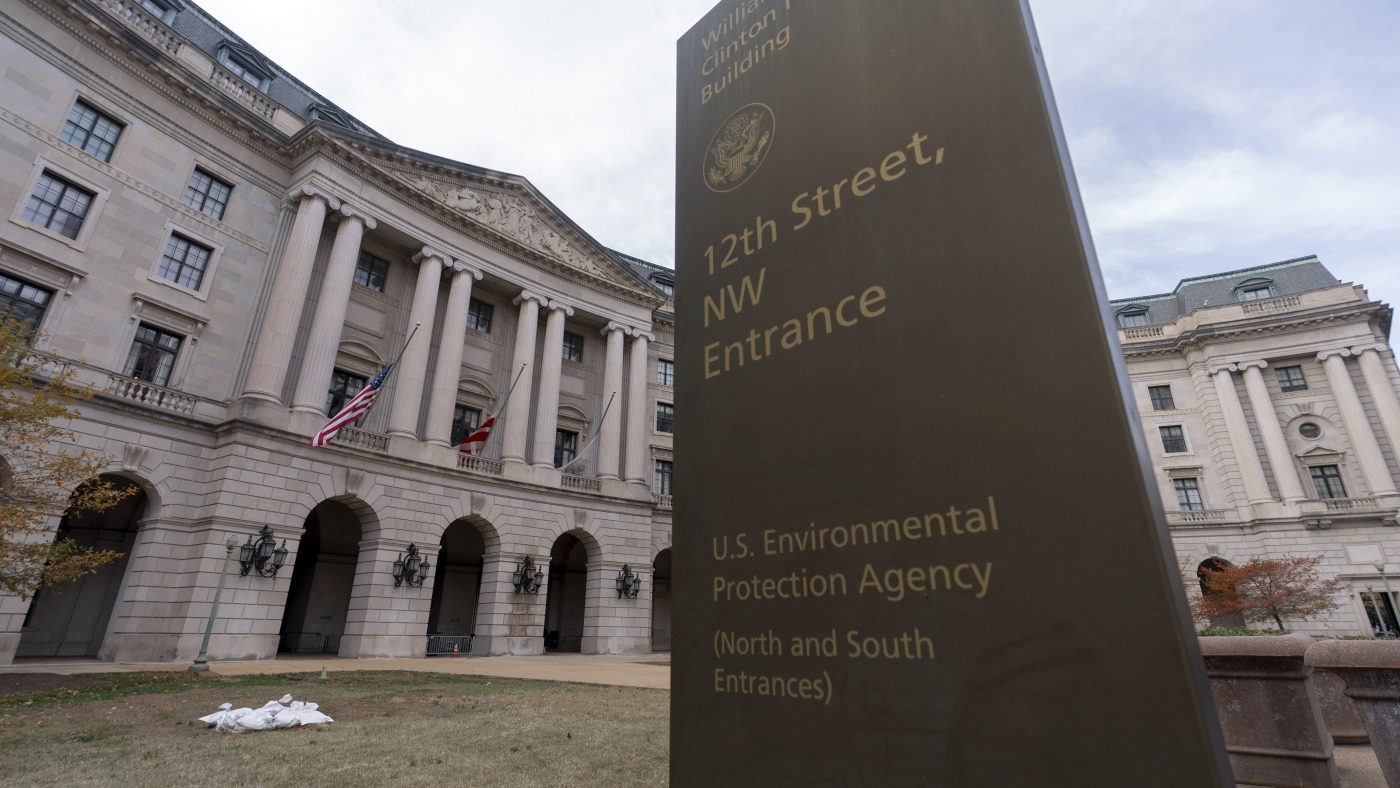The Trump administration is pushing to roll back a critical Environmental Protection Agency (EPA) finding from 2009. This “endangerment finding” declared that greenhouse gases from sources like cars and power plants are harmful to people’s health. It allowed the government to regulate these pollutants under the Clean Air Act, forming the backbone of the country’s climate policies.
Currently, the EPA is working on a proposal to revoke this finding, which is under review by the White House. If successful, it could mark a significant shift away from addressing climate change—a concern already highlighted by recent extreme weather events.
Environmentalists are deeply worried. They argue that eliminating this regulation would favor the fossil fuel industry and hinder efforts to combat climate change. Rachel Cleetus from the Union of Concerned Scientists noted that this move seems tailored to benefit Big Oil rather than public health.
Trump’s EPA cites a need to boost the economy and lower energy costs, claiming that existing emission regulations have hurt American families economically. EPA Administrator Lee Zeldin referred to the proposal as a significant step in deregulating energy industries.
Recent research shows that 2022 was one of the hottest years on record, intensifying concerns about the ongoing climate crisis. Yet, Trump’s administration leans heavily on the argument that U.S. emissions are only a small part of global pollution. Critics, however, point to the potential long-term implications for the environment and public health.
A survey of over 1,000 voters revealed that more than 70% support regulations aimed at reducing greenhouse gases, indicating a significant public backing for climate action. On social media, hashtags like #ClimateActionNow and #SaveTheEPA have gained traction, reflecting growing awareness and concern surrounding climate issues.
Historically, the EPA’s 2009 finding followed a Supreme Court ruling in 2007 that mandated the regulation of greenhouse gases. This judicial backing reinforced the notion that climate change needed to be treated as a pressing public health issue. Reversing this finding now could set a precedent for future administrations, making it harder to implement any cohesive climate strategy.
Cleetus and other experts warn that removing this regulation would significantly weaken the federal government’s ability to address greenhouse gas emissions. If this withdrawal succeeds, future efforts to impose similar limits may become increasingly difficult, potentially reversing decades of progress in environmental policy.
Opponents of the rollback argue that it prioritizes the desires of fossil fuel companies over established scientific consensus. They stress that the long-term costs of inaction on climate change—both in terms of health and damage from extreme weather—outweigh any short-term economic benefits touted by the administration.
With legal battles ahead and a public eager for sustainable policies, the outcome of this proposal remains uncertain, but its potential implications are massive. Even as political tides shift, public concern for the climate seems unwavering, reflecting a crucial moment in the ongoing fight against climate change.
For further details on the EPA’s proposals, you can refer to the EPA’s official site.


